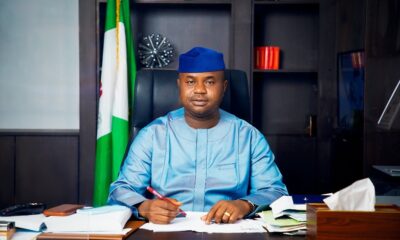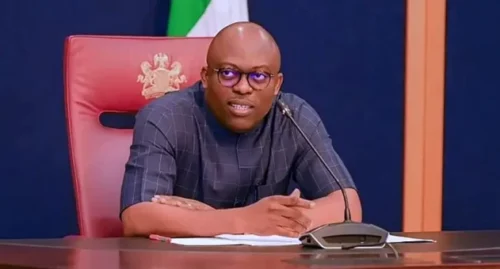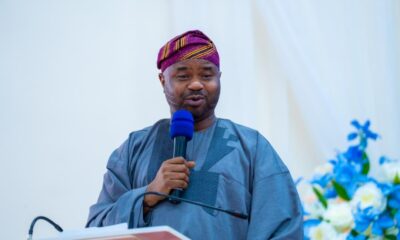BIG STORY
Next Strike Will Be Indefinite, Won’t End Until All Agreements Are Fulfilled —— ASUU

- /home/porsch10/public_html/wp-content/plugins/mvp-social-buttons/mvp-social-buttons.php on line 27
https://porscheclassy.com/wp-content/uploads/2021/07/asuu-1000x600.jpg&description=Next Strike Will Be Indefinite, Won’t End Until All Agreements Are Fulfilled —— ASUU', 'pinterestShare', 'width=750,height=350'); return false;" title="Pin This Post">
- Share
- Tweet /home/porsch10/public_html/wp-content/plugins/mvp-social-buttons/mvp-social-buttons.php on line 69
https://porscheclassy.com/wp-content/uploads/2021/07/asuu-1000x600.jpg&description=Next Strike Will Be Indefinite, Won’t End Until All Agreements Are Fulfilled —— ASUU', 'pinterestShare', 'width=750,height=350'); return false;" title="Pin This Post">
-

 BIG STORY4 days ago
BIG STORY4 days agoAnthony Joshua Returns To UK, Pays Tribute To Deceased Friends In Emotional Post [PHOTOS]
-

 BIG STORY3 days ago
BIG STORY3 days agoCIG Motors Fires Director Jubril Arogundade Over Financial Misappropriation, Abuse Of Office, Refers Case To EFCC
-

 BIG STORY4 days ago
BIG STORY4 days agoLagos Police Commissioner Orders SCID To Probe Pastor Okafor Over Multiple Sex Scandal Allegations
-

 BIG STORY1 day ago
BIG STORY1 day agoBREAKING: Peter Obi’s Ex-Running Mate, Datti Baba-Ahmed Declares Presidential Ambition
-

 BIG STORY23 hours ago
BIG STORY23 hours agoJUST IN: Five Feared Dead As Bandits Attack National Park In Oyo
-

 BIG STORY1 day ago
BIG STORY1 day agoTax Reforms Will Support Sustainable Growth, Not Targeted At Opposition Figures —– NRS Chairman Zacch Adedeji
-

 BIG STORY3 days ago
BIG STORY3 days agoUS Military Has Marked Me For Elimination As A Boko Haram Member —– Sheikh Gumi
-

 BUSINESS5 days ago
BUSINESS5 days agoFirstBank Hosts Nigeria Economic Outlook 2026, Leads Conversation on Economic Growth


















Temitope Onigbinde
December 14, 2021 at 8:54 am
Lori iro….na today?